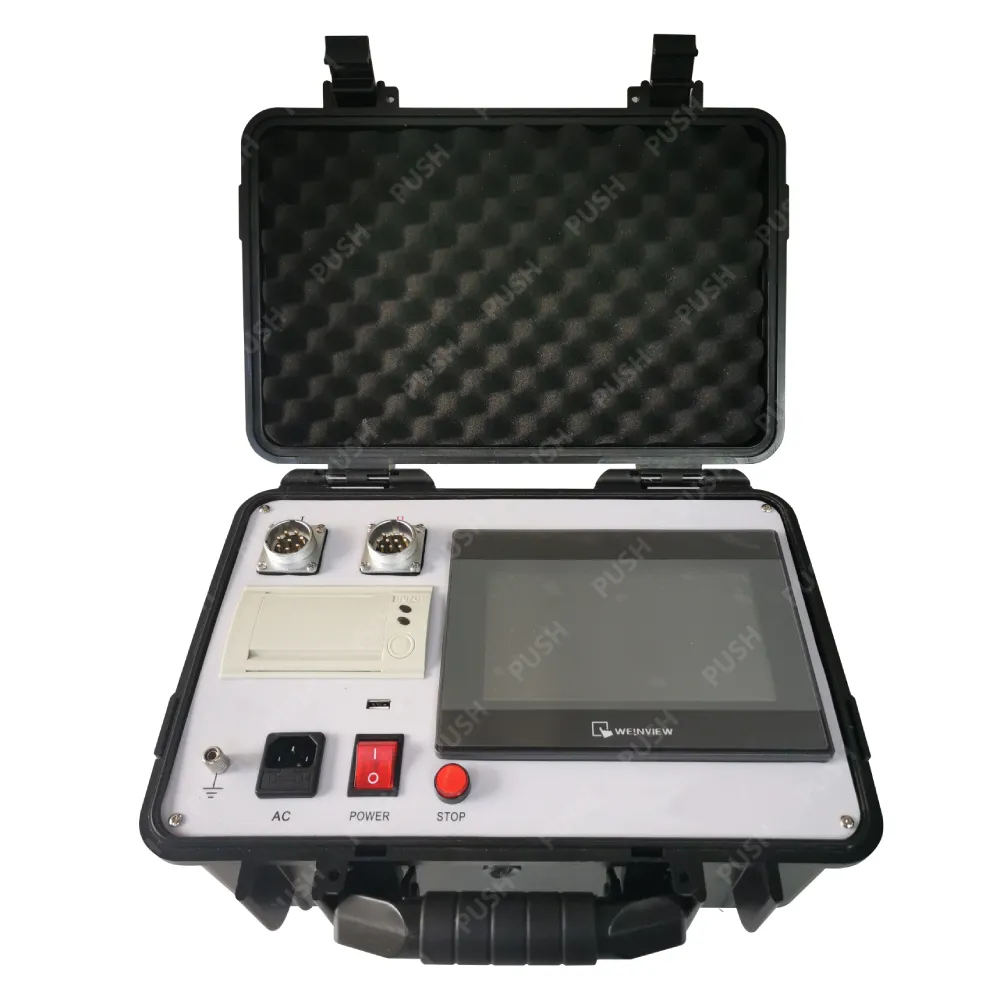 English
English


High-Quality Gas Chromatographs Available for Purchase with Competitive Prices and Reliable Performance.
A Comprehensive Guide to Buying a Gas Chromatograph
When it comes to analytical chemistry, the gas chromatograph (GC) is a cornerstone instrument used for separating and analyzing compounds that can be vaporized without decomposition. Whether you are a researcher, a quality control analyst, or simply an enthusiast in the field of chemistry, finding the right gas chromatograph for sale can be a substantial investment, but it is also indispensable for precise analysis. In this article, we will delve into the factors to consider when purchasing a gas chromatograph, along with recommendations for ensuring you make an informed decision.
Understanding Gas Chromatography
Gas chromatography works by vaporizing a sample and injecting it into a column filled with a stationary phase. Once inside, the different components of the sample interact with the stationary phase at different rates, allowing them to be separated as they exit the column. These compounds are then detected and quantified, providing valuable information about the sample composition. The applications of gas chromatography span across various fields, including environmental monitoring, pharmaceuticals, food quality analysis, and forensic science.
Key Considerations When Buying a Gas Chromatograph
1. Purpose and Applications The first step in selecting a gas chromatograph is to define its intended use. Are you analyzing simple mixtures or complex matrices? Do you require the ability to analyze volatile or semi-volatile compounds? Knowing your primary applications will steer you toward the right model, whether you need a basic GC system or one with advanced features like mass spectrometry (GC-MS) compatibility.
2. Type of Detector Different detectors cater to different analytical needs. Common options include Flame Ionization Detectors (FID) for organic compounds and Thermal Conductivity Detectors (TCD) for inorganic gases. More sophisticated models may even include mass spectrometry (MS) to enhance sensitivity and detection limits. Matching the detector with your analysis type is crucial for obtaining accurate results.
gas chromatograph for sale

3. Column Specifications The choice of column is pivotal in gas chromatography. Factors such as length, inner diameter, and stationary phase must align with the specific compounds you intend to analyze. Consulting with manufacturers about the correct columns for your applications will ensure optimal performance.
4. Ease of Use Modern gas chromatographs often come with user-friendly software, automated features, and intuitive interfaces. Look for systems that provide comprehensive support for method development and data analysis, which can significantly reduce the learning curve for new users.
5. Budget Considerations Prices for gas chromatographs can vary significantly based on features, brand, and technology. It’s essential to set a budget prior to your search and evaluate both initial purchase costs and ongoing operational expenses, including maintenance and consumables.
6. Manufacturer Support Reliable customer support and service are vital for any laboratory equipment. Consider purchasing from manufacturers who offer robust warranty options, service agreements, and online resources for troubleshooting and maintenance.
7. Used vs. New Instruments Sometimes, purchasing a refurbished or pre-owned gas chromatograph can be a viable option, especially for those on a tight budget. Make sure to verify the condition of used instruments, check service history, and confirm that they meet the specific requirements for your applications.
Conclusion
Purchasing a gas chromatograph is a significant step towards enhancing your analytical capabilities. By fully understanding the various models available on the market and considering factors such as purpose, detector type, column specifications, user-friendliness, budget, and manufacturer support, you can make an informed decision tailored to your specific needs. With the right gas chromatograph at your disposal, you'll be well-equipped to achieve precise, reliable results for all your analytical endeavors. Whether you choose to buy new or explore options for sale, thorough research will pay off in the long run, enhancing both your research and operational efficiency.
-
Differences between open cup flash point tester and closed cup flash point testerNewsOct.31,2024
-
The Reliable Load Tap ChangerNewsOct.23,2024
-
The Essential Guide to Hipot TestersNewsOct.23,2024
-
The Digital Insulation TesterNewsOct.23,2024
-
The Best Earth Loop Impedance Tester for SaleNewsOct.23,2024
-
Tan Delta Tester--The Essential Tool for Electrical Insulation TestingNewsOct.23,2024





